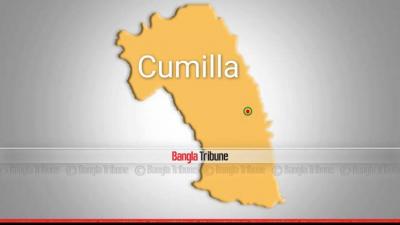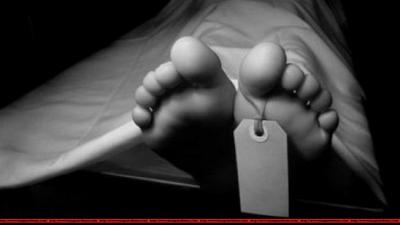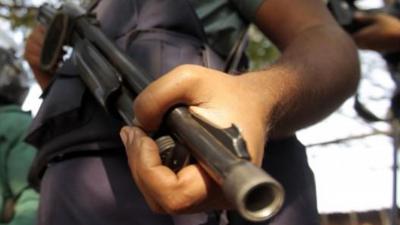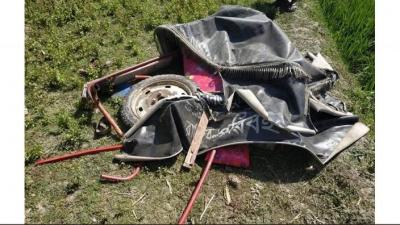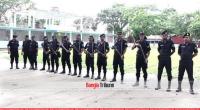
For many women who fled the pogrom in Rakhine in Myanmar, Eid joy is considerably lessened as male members of their families are missing.
“Forget about new clothes; I could not even buy vermicelli, a traditional Eid food item, to give to my four children,” lamented Mariam Begum, a resident of the Kutupalong camp in Ukhia.
Mariam’s husband was killed by the Myanmar Army during the August 2017 military crackdown.
In Teknaf and Ukhia Rohingya camps, the festive atmosphere of Eid is missing. Most residents live with a deep sense of malaise.
They are despondent as they could not buy new clothes for Eid or prepare improved food. However, the administration arranged Eid prayer facilities for the residents.
Those who are well off did some shopping from the local markets, but their number is small.
“This Eid, we did not get any assistance from NGO’s or donor agencies,” observed Ayub Majhi, a resident of the Balukhali camp.
Recounting terrifying memories while living in Rakhine, a moulana says: “we could not pray five times a day due to the oppression of the Myanmar army.”
We always lived in fear said the moulana, adding: “here in the camps, there’s some suffering but at least we can live without fear.”
Sabura Khatun of Kutupalong Lombashia Camps, says: “in Rakhine, my husband used to work as a labourer; but living in the camp he cannot work, hence, Eid celebration is restricted by financial limitation.”
Meanwhile, Cox’s Bazaar district administrator, Md Kamal Hossain said: “the district administration had always provided overall assistance to the Rohingya.”
He also said that WFP and UNHCR had distributed Eid gifts, along with weekly and monthly rations.
In addition, all arrangements have been made to facilitate Eid prayers for the Rohingya.

